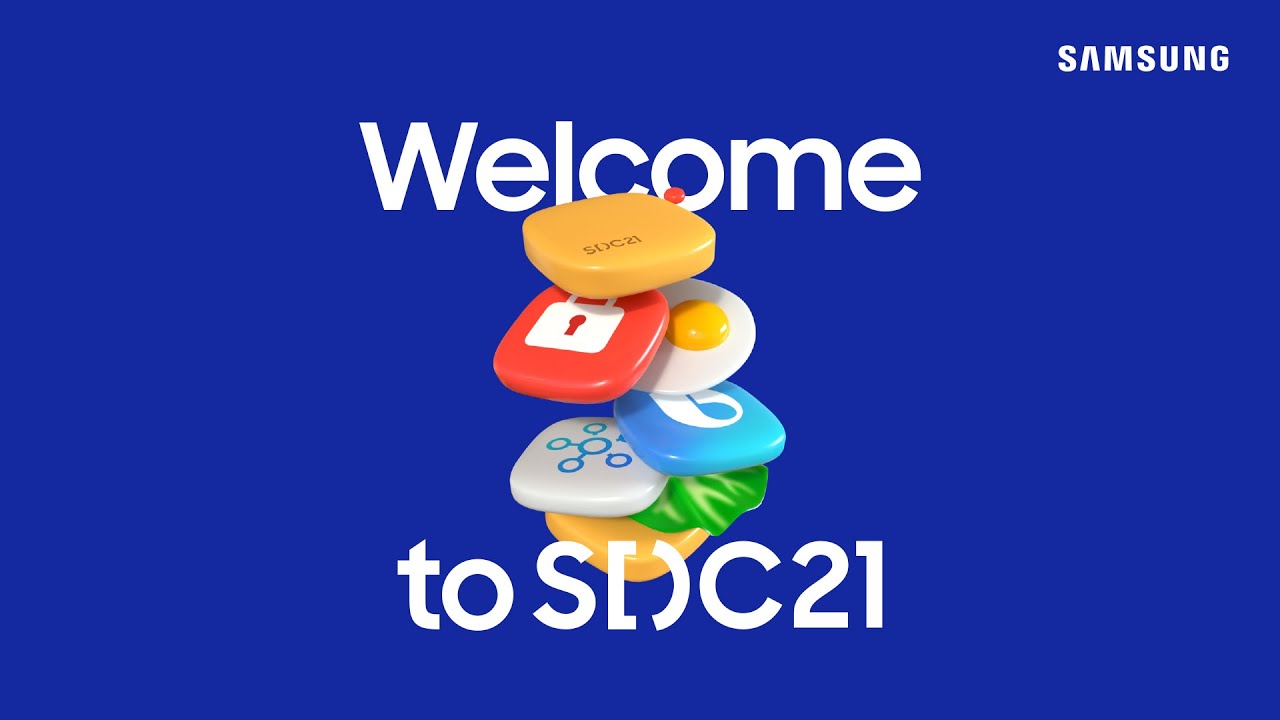In an era where drug shortages are a cause for concern, there’s a rising
problem of finding more sustainable alternatives to the pharmaceutical
industry’s standard medications. As CVS, Walgreens, and your local mom-and-pop
pharmacies struggle to keep up with demand, the conversation shifts toward the
importance of integrating natural remedies into our healthcare routines.
As we explore natural solutions, it’s essential to understand why
shortages are occurring and how we, as consumers and healthcare providers, can
adapt and embrace a more organic path to health without compromising results.
Unraveling the Dilemma of Drug
Shortages
The rapid and often unexpected interruptions in the availability of
prescription drugs are not a new phenomenon, but they are becoming increasingly
common. It seems like every time I am near a pharmacy, I hear someone yelling
at the pharmacist. Please know this issue is not caused by them nor can they
fix it. They are just as frustrated as their customers and many are at wit’s
end because they are left on the front lines playing monkey in the middle.
These professionals often find themselves having to break difficult news to
patients who rely on life-saving drugs to manage chronic conditions or overcome
acute health crises. It’s a challenge that strikes at the core of the
healthcare system’s ability to provide consistent, quality care.
So, What’s the Problem?
The issue starts with the pharmaceutical supply chain, where any number of
factors – from manufacturing issues to regulatory problems – can disrupt the
flow of key medications. The consequences for patients can be severe, forcing
them to either wait for the restocking of their vital prescriptions or seek
alternatives that may be less effective or more costly.
Integrating Natural Medicines into
Modern Health
In light of these supply chain inadequacies, the value of natural
remedies cannot be overstated. For centuries, individuals have utilized herbs,
supplements, and other natural substances to address a myriad of health
concerns. Today, modern science is catching up to this ancient wisdom,
demonstrating the therapeutic potential and safety profiles of many natural
options. Integrating these remedies into our health practices is not simply a
trend—it’s a necessary and logical response to the limitations and growing
skepticism associated with the pharmaceutical industry.
Natural medicines, which include botanicals, probiotics, vitamins, and
minerals, can significantly enhance patient care. Not only do they offer new
pathways for healing that are not subject to the same supply issues, but they
also empower patients to take an active role in managing their health.
Pharmacists, in particular, stand to gain a great deal from expanding
their knowledge and understanding of natural remedies. By becoming well-versed
in the benefits and interactions of these substances, they can better serve
their patients, offering personalized recommendations that are tailor-made to
complement traditional pharmaceutical treatments or act as standalone
solutions.
Overcoming the Stigma Around Natural
Health Solutions
One of the most significant hurdles in embracing natural remedies is
overcoming the stigma that often surrounds them. Traditional Western medicine
has long been the gold standard, and any alternatives are sometimes viewed with
skepticism or seen as less credible. However, as the conversation around health
shifts towards holistic and integrative approaches, this stigma is beginning to
fade.
Education is key in dismantling these preconceptions. When patients and
healthcare providers alike are armed with accurate information about the
efficacy, mechanisms of action, and potential benefits of natural medicines,
they’re better equipped to make informed decisions. Platforms like this aim to
reshape perceptions, highlighting the new wave of products that offer solutions
that are not just potentially more accessible but also supported by a growing
body of reputable research.
A Safer, More Sustainable Healthcare
Model
Natural remedies are also a critical component in achieving a safer, more
sustainable healthcare model. The current reliance on pharmaceuticals comes
with a set of environmental and public health challenges. From the overuse of
antibiotics to the production of chemical waste, the long-term impact is cause
for concern.
In contrast, natural medicines, when sustainably sourced and responsibly
administered, offer an eco-friendly and patient-centric approach to wellness.
This is especially important as consumers become more conscious of the origins
and implications of the products they use.
The Role of Pharmacies and Retailers
in Shaping the Future of Health
Local pharmacies and retailers have a significant role in shaping the
future of health. Their accessibility and community presence position them as
influencers in the health choices consumers make. By stocking and promoting
natural remedies alongside pharmaceutical options, these institutions can work
to bridge the gap, offering a comprehensive array of products that cater to
diverse patient needs.
Pharmacies and retailers must also be proactive in their supply chain
management, seeking out reliable sources of natural medicines that are free
from the same issues that plague the pharmaceutical industry. Through
partnerships with reputable distributors and rigorous quality control measures,
they can build a foundation of trust with their clientele.
Finding Harmony in Health
As we navigate the complexities of modern healthcare and the challenges
posed by drug shortages, the integration of natural remedies offers a beacon of
hope. It is not about rejecting the advancements of pharmaceuticals but rather
finding balance and harmony in our health practices.
This is a pivotal moment to explore the realm of natural health. By
learning, discussing, and incorporating natural remedies into our lives, we can
construct a more robust and sustainable approach to well-being without being
reliant on Big Pharma.





